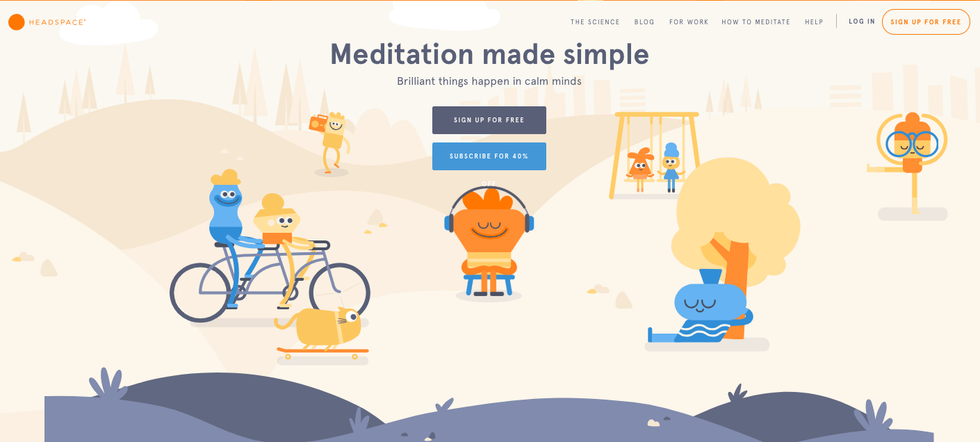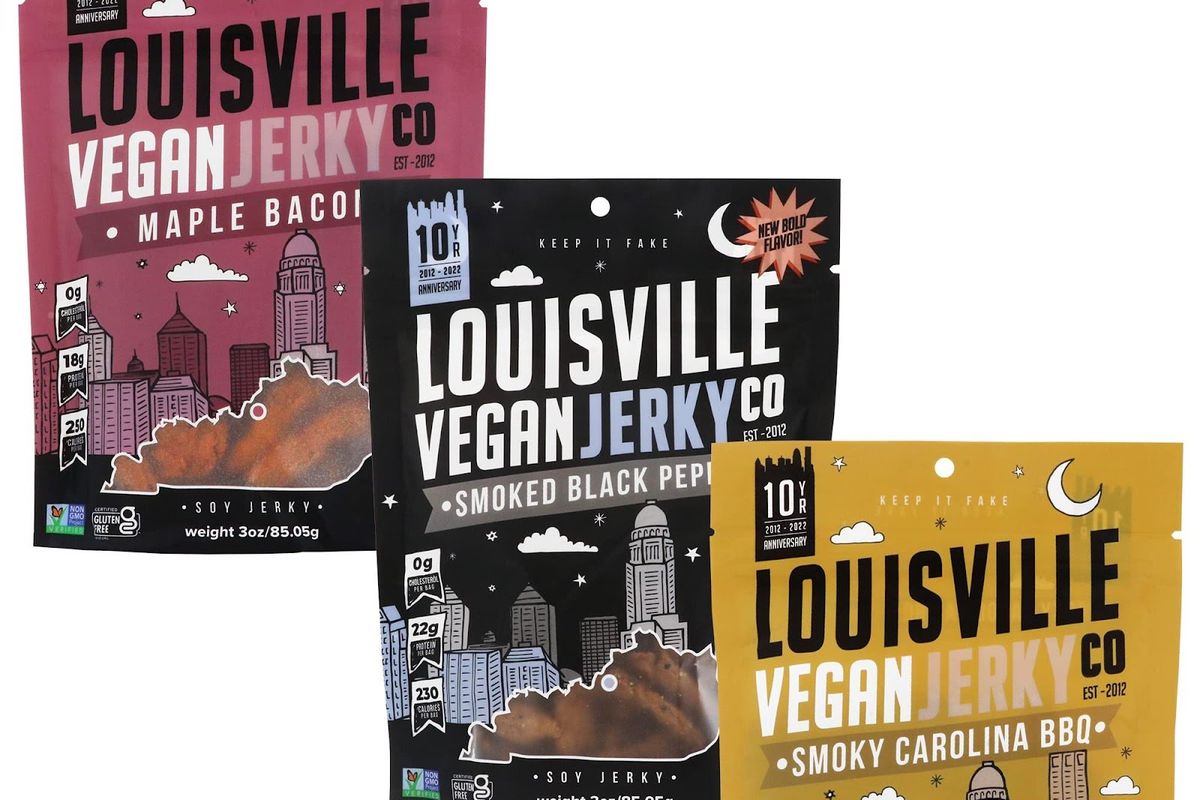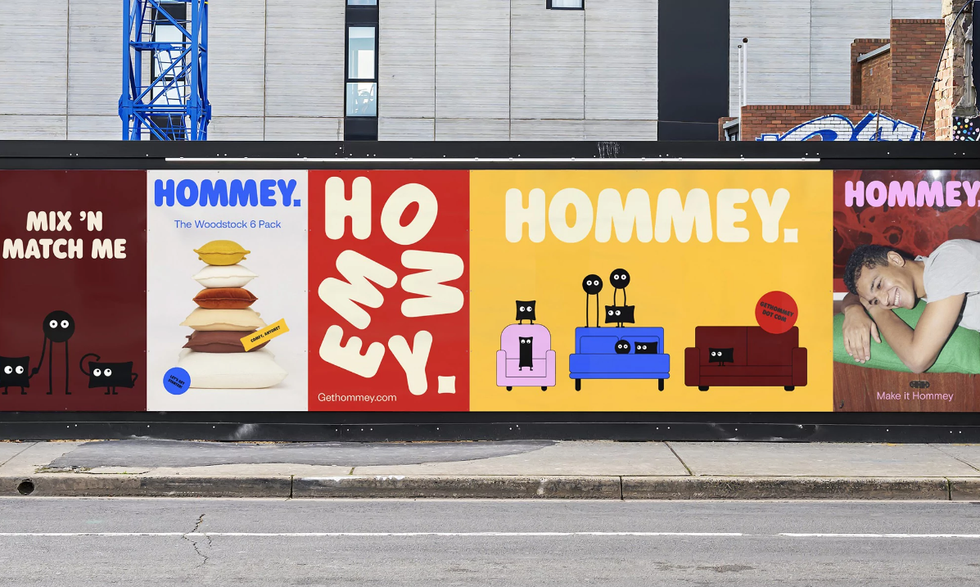Overstimulated Branding: The New Trend That’s Capturing Consumers' Attention
Why is capturing consumer attention so important? Because consumers have an 8-second attention span. In fact, consumers spend anywhere from 10-13 seconds making a purchase decision. With countless brands buying for consumers’ limited attention spans, standing out from the crowd is crucial for success. By capturing and holding consumer attention, brands can create meaningful connections, build brand loyalty, and ultimately drive business growth.
So how do you effectively capture consumers' attention in this fast-paced and crowded world of branding? Enter the new trend that’s taking the industry by storm: overstimulated branding.
In this article, I'll dive into what overstimulated branding entails, its primary goals, benefits, and key considerations to remember, and showcase brands that have already embraced this trend to leave a lasting impression on their target audience. Let’s explore the world of overstimulated branding and uncover its potential for elevating brand experiences to new heights.
What Is Overstimulated Branding?
Overstimulated branding is a branding strategy that uses visual imagery employing bright, eye-catching colors, bold, distorted fonts, flashy icons, or logos to capture people’s attention and keep them interested.
Not only does this approach capture your attention. It also explodes your senses, makes people feel happy, and evokes a playful energy.
The Goal Of Overstimulated Branding

Source: Big Leap Creative
Such a strategy aims to create a strong and memorable brand presence by maximizing exposure and impact for consumers who consistently ignore marketing messages.
By leveraging vibrant visuals, captivating storytelling, and immersive experiences, overstimulated branding seeks to break through the noise, capture attention, and leave a lasting impression on the target audience. It strives to create a sensory overload that sparks curiosity, fosters emotional connections, and ultimately drives brand engagement and loyalty.
The Benefits Of Overstimulated Branding

Image from Bigstock
An overstimulated branding approach, when executed effectively, can have several potential positives:
- Increased Brand Visibility: By employing bold and attention-grabbing marketing tactics, an overstimulated branding approach is meant to grab consumers' attention, helping a brand stand out from the competition and increase its visibility in the market. It can capture consumers’ attention who may otherwise overlook more traditional or subtle branding efforts. Studies have shown that overstimulated ads gain customers’ attention more than standard ads.
- Enhanced Brand Recognition: When a brand utilizes an overstimulated approach, it can create a memorable and distinct brand identity. Using striking visuals, unconventional messaging, or unique experiences can leave a lasting impression on consumers, making it easier for them to recognize and recall the brand in the future.
- Emotional Connection: Overstimulated branding techniques have the potential to evoke strong emotions and create a sense of excitement or intrigue among consumers. This emotional connection can foster brand loyalty, encourage engagement, and increase the likelihood of consumers sharing their positive experiences with others.
- Differentiation: In crowded markets, an overstimulated branding approach can help a brand differentiate itself from competitors. By taking risks, being unconventional, or challenging industry norms, a brand can carve out a unique position and attract attention from consumers seeking something new or different.
- Viral Potential: When a brand employs an overstimulated approach that is attention-grabbing, shareable, or buzz-worthy, it increases the chances of its content going viral. This can lead to widespread exposure, increased reach, and the potential to attract new customers who may have yet to be aware of the brand.
Key Considerations Of Overstimulated Branding

Source: Fine Art America
When implementing overstimulated branding, it’s important to consider a few key factors.
First, striking the right balance is crucial. While vibrant visuals and immersive experiences can captivate, going overboard may overwhelm or confuse your audience, leading to sensory overload.
Second, ensure consistency with your brand identity to avoid diluting your message or even negative associations if executed poorly.
Lastly, carefully analyze your target audience and market trends to ensure that overstimulated branding aligns with their preferences and expectations, ultimately enhancing their brand experience.
By being mindful of these considerations, you can effectively harness the power of overstimulated branding to make a memorable impact on your audience.
Brands Embracing Overstimulated Branding
Headspace

Source: Column Five Media
Headspace, the meditation app, stands out with its vibrant design, using an overstimulated branding approach. Its bold colors and joyful design perfectly convey its mission of “less stress and more joy” capturing consumers' attention.
Louisville Vegan Jerky

Source: Amazon
Louisville Vegan Jerky takes overstimulated branding to a whimsical level with cartoon-like illustrations and vibrant splashes of color. Real-life images infused with artistic magic create a captivating brand experience.
Hommey

Source: The—Brand Identity
Hommey, the Australian online cushion brand, is a shining example of overstimulated branding done right. By seamlessly merging the digital and physical realms, Hommey infuses its designs with playful cartoon-like illustrations and vibrant bursts of color. This unique approach creates a visually captivating and immersive brand experience that breathes life into its products, leaving a lasting impression on customers.
In conclusion, overstimulated branding represents a captivating and immersive approach that has gained traction in the world of branding. By incorporating vibrant visuals, bold colors, and immersive experiences, this strategy aims to break through the clutter, captivate consumer attention, and create a lasting impression.
For a step-by-step guide on how to develop a brand strategy, check out How To Develop a Brand Strategy by Lisa Perry. For more brand marketing insights, follow Lisa Perry.




